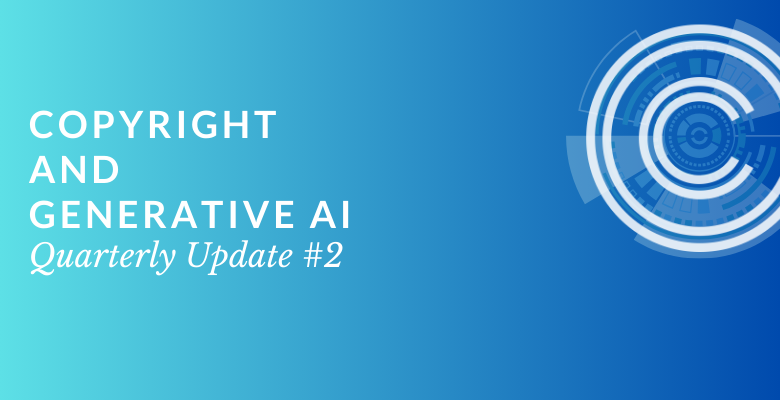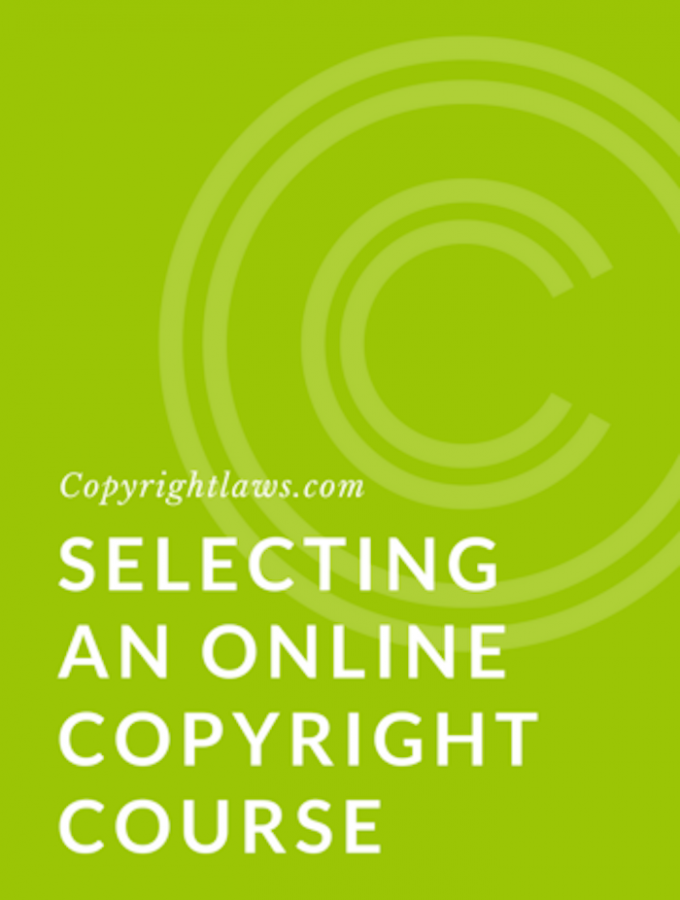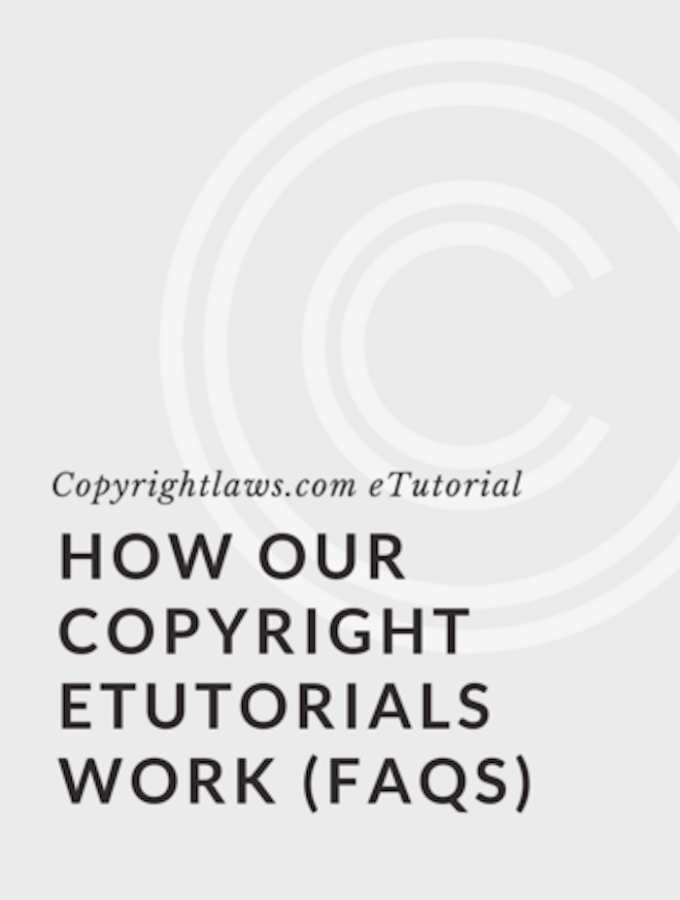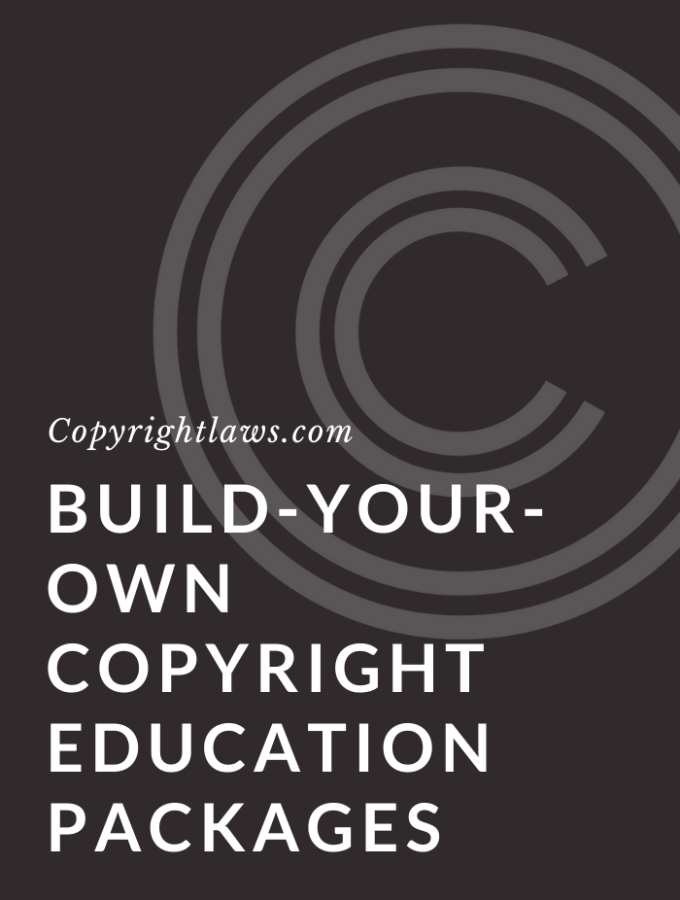
Introduction
Welcome to the second quarterly copyright and generative AI blog post. If you’ve come across this page, you’re likely working in the copyright field in some capacity. As such, the current debate surrounding what, if any, changes need to be made to copyright law to account for the advancements in GAI has probably piqued your interest. With so much information and many opinions swirling around the internet from all sides of the debate, it can be hard to keep track of where the conversation stands. We hope these blogs will help make sense of it all.
Every three months, you can expect an updated post that includes important cases to watch, recent international developments, a summary of the latest discussions (with an effort to remain impartial) and finally a suggested long-form article to help you dive deeper into one aspect of the subject.
So, without further ado, let’s get into it!
Cases to Watch
Concord Music Group, Inc. et al. v. Anthropic PBC, Docket No. 3:23-cv-01092 (Middle District of Tennessee, Nashville Division, 18 October 2023) USA
In what’s being heralded by tech companies as a big win for GAI, a judge has rejected Universal Music Group’s preliminary bid to stop Anthropic from using lyrics they and other music publishers own to train its model known as Claude. Basically, the judge decided that their request was too broad and that they’ve failed to show how this use caused them irreparable harm. However, this case is by no means decided and the publishers have released a statement asserting that they’re confident their case overall will succeed. Definitely one to watch for all the music lovers out there!
The Intercept Media, Inc. v. Open AI, Inc., Docket No. 1:24-cv-01515, (S.D.N.Y., 28 February 2024) USA
Another case coming out of the United States has surprised some in that the judge split with precedent in deciding to reject OpenAI’s motion to dismiss The Intercept’s claim that they removed copyright management information in order to use the company’s articles to train their model. In a previous case between Raw Story Media Inc. and OpenAI, the presiding judge dismissed nearly identical claims due to an insufficient amount of evidence of harm. However, Judge Rakoff’s decision in the more recent case, in the same district no less, has effectively reopened the possibility that Digital Millennium Copyright Act (DMCA) claims might also be relevant to cases against companies producing GAI models. It’ll be interesting to see if this leads to further claims against the tech companies producing the most popular GAI models.
Stephen Thaler v. Perlmutter, Docket No. 1:22-cv-01564 (District of Columbia, 19 September 2024) USA
In keeping with the recommendations put forward by the United States Copyright Office (USCO) in their second report on GAI, a federal appeals court in Washington, DC, has ruled that works produced exclusively using a GAI program are not eligible for copyright protection. This landmark opinion was laid down on an appeal made by computer scientist Dr. Stephen Thaler against the USCO when they refused to register his work entitled A Recent Entrance to Paradise. In the registration, Thaler had listed the sole author as the “Creativity Machine,” a GAI model he created, and himself as the owner. The ruling stated that the Copyright Act in the US requires a work to be authored in the first instance by a human being, citing multiple places in the Act where the language makes this stipulation clear. Though Thaler had tried to argue that the work could be considered a “work made for hire” with him as the employer, this reasoning was also rejected. However, the panel who produced the unanimous opinion didn’t rule out the possibility of GAI models being used to assist human creativity. This decision will likely be instrumental moving forward as more and more GAI users attempt to register their creations.
Asian News International (ANI) v. OpenAI,(Delhi High Court) India
In this case, the Indian news agency ANI has sued OpenAI, the owners of ChatGPT, for copyright infringement, false attribution and improper use of their content. One of their main arguments is that much of the content scraped by OpenAI was behind a paywall and therefore shouldn’t have made up part of the publicly available data in the GAI model. The case is similar to several cases in the US where media companies are arguing that GAI companies should be required to ask permission to use their content (and likely pay a resultant licensing fee). Interestingly, the Indian Music Industry is now looking to join the existing lawsuit as they allege that OpenAI extracted protected song lyrics, music compositions and recordings without proper permission or compensation. This case has the potential to decide how GAI models are trained in India moving forward and marks a significant departure from how many other Asian countries have approached the issue.
These are just a few of the many ongoing cases involving copyright and GAI (to say nothing of those involving other areas of intellectual property). For a great summary of the major cases before the courts in the US, see this article: Every AI Copyright Lawsuit in the US, Visualized | WIRED .
International Developments
Internationally, the United Kingdom (UK) is currently trying to decide what kind of permissions it should give GAI companies in how they collect data to create their models. Initially, it seemed the UK government was leaning toward expanding existing text and data mining (TDM) exceptions to encompass GAI scraping activities. However, before making any decisions, the government published a request for commentary to allow stakeholders to present their opinions on the subject. The response has been impressive, with the creative industries almost unilaterally speaking out against the proposal to expand TDM exceptions with the possibility for creatives to opt-out if they do not want their works included in training models. Many of these responses are available online (here’s just one example) and are definitely worth a read!
Similarly, in Australia, authors have spoken out against a decision by a Melbourne-based publisher to require their contracted writers to sign AI agreements without much notice. In these agreements, the publisher has requested the right to enter into licensing agreements with GAI companies to allow them to use their entire oeuvre to train their models. While many authors signed the agreement reluctantly, suggesting that they were not given much of a choice, others have declined to sign it at all, creating a bit of a headache for the publisher in question. This situation just goes to show how complicated the current relationship is between GAI and the Arts.
Over in France, writers and publishers have come together to sue Meta over their use of copyright-protected works in training its GAI model. Part of their case revolves around the fact that Meta has been found to have used a well-known database of pirated literary content in training their model, which appears to weaken their claims of fair use (note, France does not have a fair use provision in their copyright laws but does have certain exceptions in accordance with the rest of the European Union). We’ll be watching this case to see how moral rights will factor into the conversation about GAI and copyright in France, as their moral rights provision is much stronger than that of the US or even Canada.
Speaking of the European Union, the EU has released the third draft of its General AI Code of Practice, which will be the final drafting round subject to consultation. The fourth and final version of the code is expected to be published in May of this year. While much of this document concerns other controversial elements of AI, such as privacy, there are certain aspects which speak to copyright considering both user and creator rights. Whether these aspects have been given enough weight and description, however, is still being debated. See this article for an interesting discussion on the changes made to create this third draft.
We continue to monitor copyright and GAI in Canada. Though the Canadian Intellectual Property Office has accepted the registration of a work listing GAI as a co-author, we don’t yet have any answers regarding whether or not a GAI model can be considered a sole author (though the Canadian Copyright Act does have similar language to its American counterpart, which suggests that human authorship is likely to be considered necessary for copyright protection). Currently, the government is still seeking commentary on how to adjust its copyright laws to account for the growth of GAI technology.
Summary of Latest Discussions
Since our last edition of this update, as predicted, there has been a significant shift in the discussions surrounding copyright and GAI. The USCO has accepted the registration of a work produced using GAI, with certain caveats. The work in question, A Single Piece of American Cheese, was submitted for registration with full disclosure of which elements were produced using GAI and which were massaged and changed by a human author. The author, Kent Keirsey (CEO of Invoke AI, the platform used to generate the work), provided a step-by-step video of the creation process with his application, showing which portions of the artwork he had “inpainted” to make changes, and therefore was granted copyright in these parts of the work. Importantly, the registration excluded the individual AI-generated elements. This is the first high-profile case we have seen that puts into practice the USCO’s recommendation that while works wholly generated using GAI cannot be protected by copyright, ones in which GAI is used as a tool to enhance a human’s creativity can, under certain circumstances, be granted copyright protection. As a landmark registration, this is likely to have implications for copyright and GAI policy moving forward.
Deep Dive
For this quarter’s deep dive, we’re suggesting “The Heart of the Matter: Copyright, AI Training and LLMs,” a paper published in September 2024 and made available through the Social Science Research Network. If reading about the controversies surrounding the training practices behind AI has left you wanting to learn more, this is a useful article to help you get a handle on how it all works. Bear in mind that we’re not sharing this article, or any further deep dive articles, to demonstrate support for a particular position. Instead, we offer it as an opportunity to improve our collective understanding of one of the many aspects of this complicated debate.
More Information
That’s it for this quarter’s update. However, if you’re looking for more regular and up-to-date news about the nexus of copyright and GAI, check out our free newsletter: Copyrighting AI. And if you have any thoughts on what we have shared here, please feel free to reach out!



